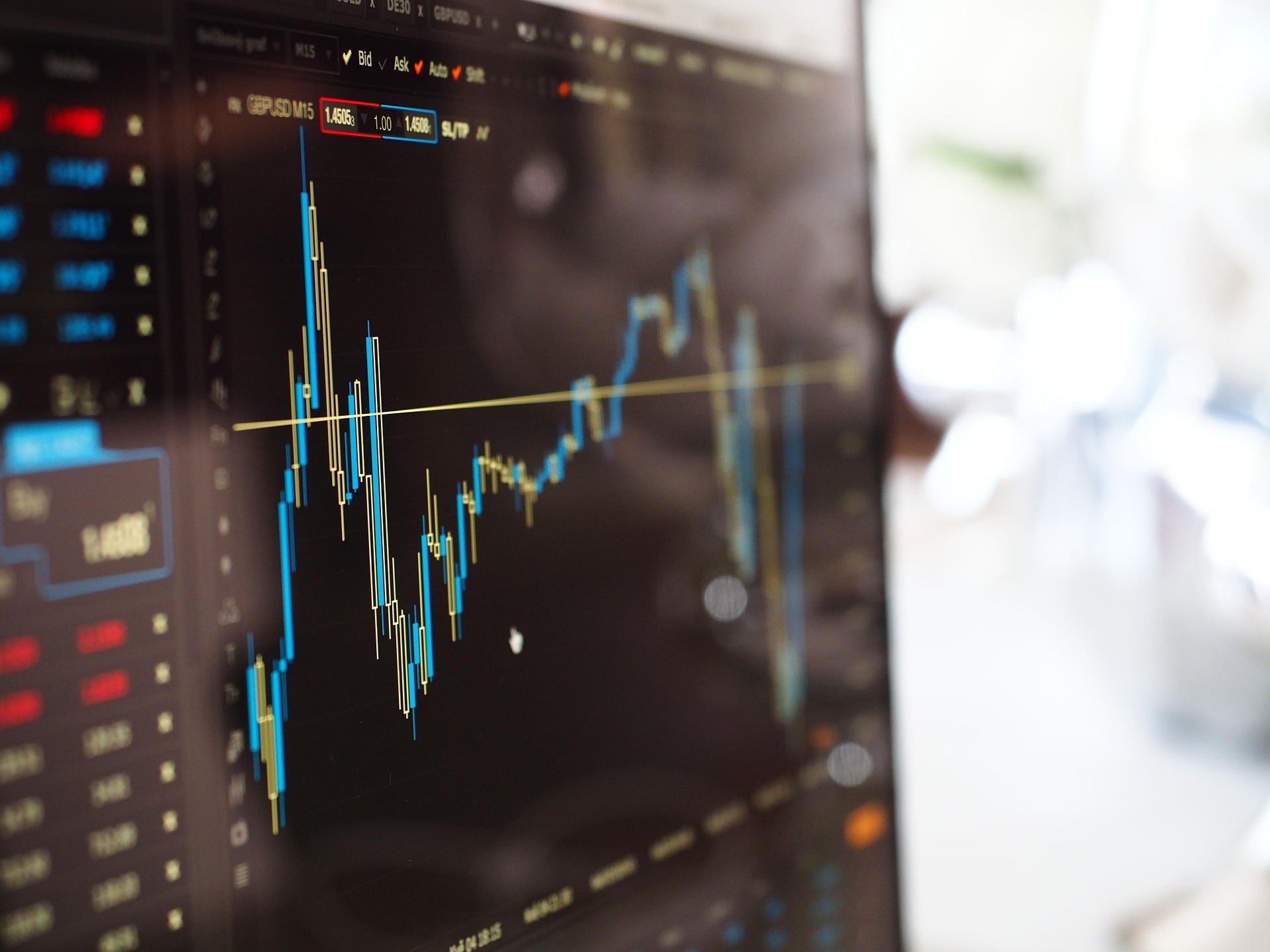Managing Market Volatility
February 10, 2024 • By IKVFC Financial Team
A guide to understanding financial market fluctuations and how to protect your investments during uncertain times.
Financial markets experience constant fluctuations due to economic conditions, investor sentiment, and global events. While volatility can be unsettling, it also presents opportunities for strategic investors. Understanding the causes and implementing the right investment approach can help mitigate risks and ensure long-term financial stability.
Market volatility is influenced by several factors. Economic indicators such as inflation rates, GDP growth, employment data, and central bank policies play a crucial role. Geopolitical events, including trade disputes, wars, and elections, also impact investor confidence. Additionally, corporate earnings reports, market speculation, and large institutional trades can contribute to sudden price swings.

Image by Pexels from Pixabay
Another key strategy is maintaining a long-term investment perspective. Investors who react impulsively to short-term market movements often make costly mistakes. Historical data shows that markets tend to recover from downturns and reach new highs over time. Staying focused on long-term financial goals and avoiding panic selling is essential for sustained success.
During periods of high volatility, safe-haven assets become more attractive. Gold, government bonds, and defensive stocks—such as those in the healthcare and consumer goods sectors—are known to provide stability when other markets decline. Allocating a portion of a portfolio to these assets can act as a buffer against unpredictable market behavior.

Image by Steve Bidmead from Pixabay
Another effective approach is dollar-cost averaging. Instead of trying to time the market, investors can make consistent, scheduled investments. This strategy reduces the impact of price fluctuations by purchasing more shares when prices are low and fewer shares when prices are high, ultimately averaging out the cost per share over time.
Staying informed is also crucial for making sound investment decisions. Following economic news, reading financial reports, and analyzing market trends can provide valuable insights. Investors who are well-informed are better equipped to anticipate market shifts and adjust their strategies accordingly.